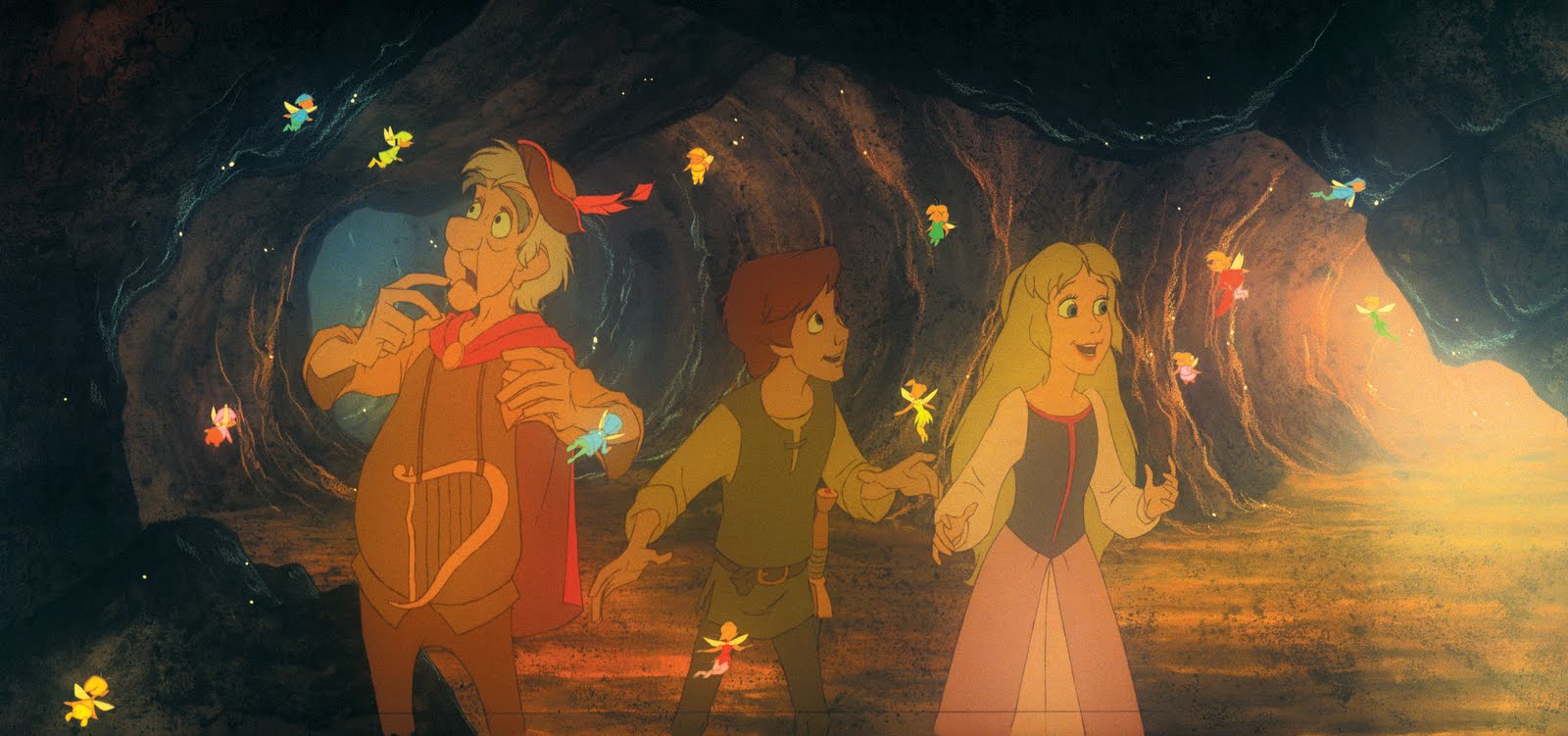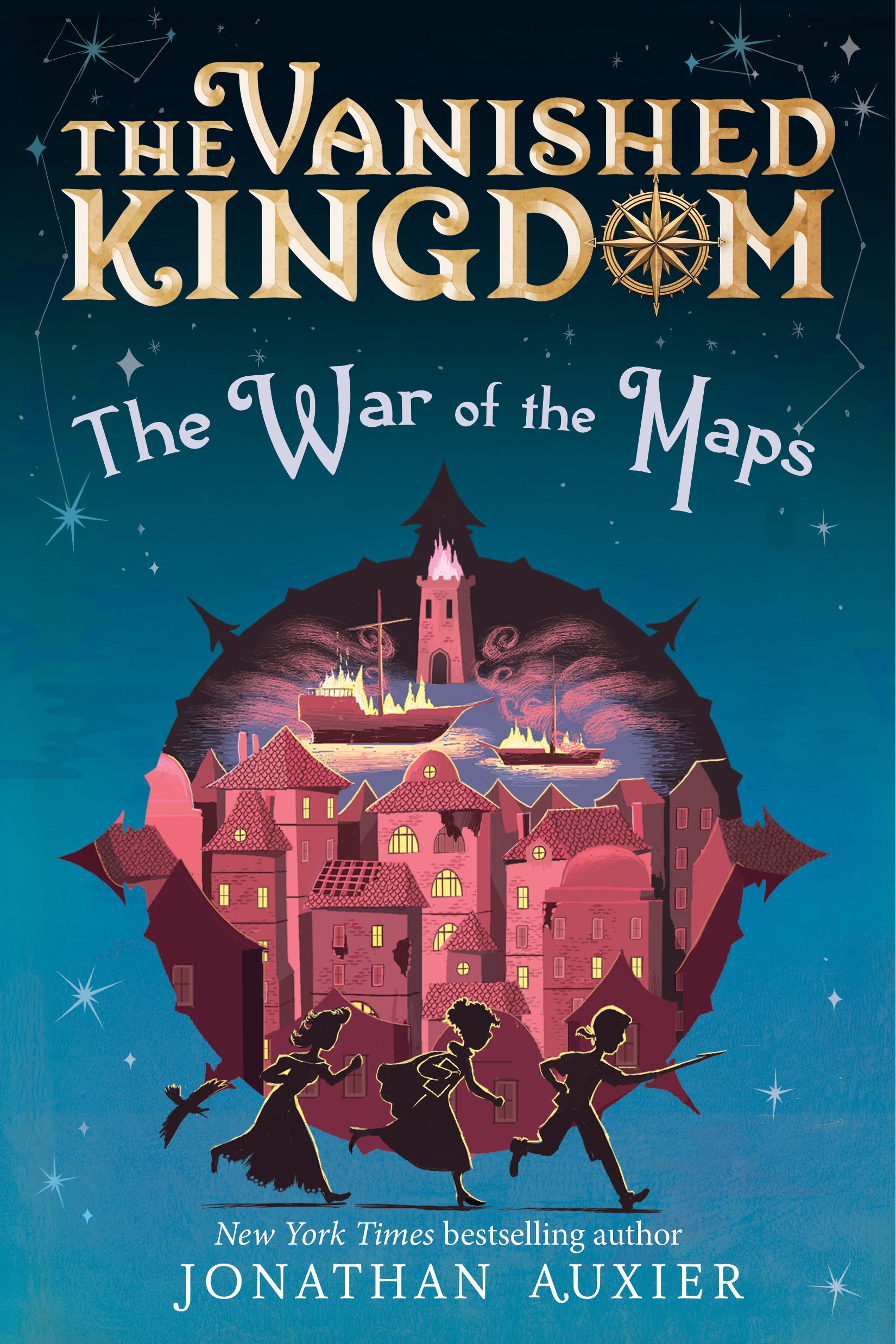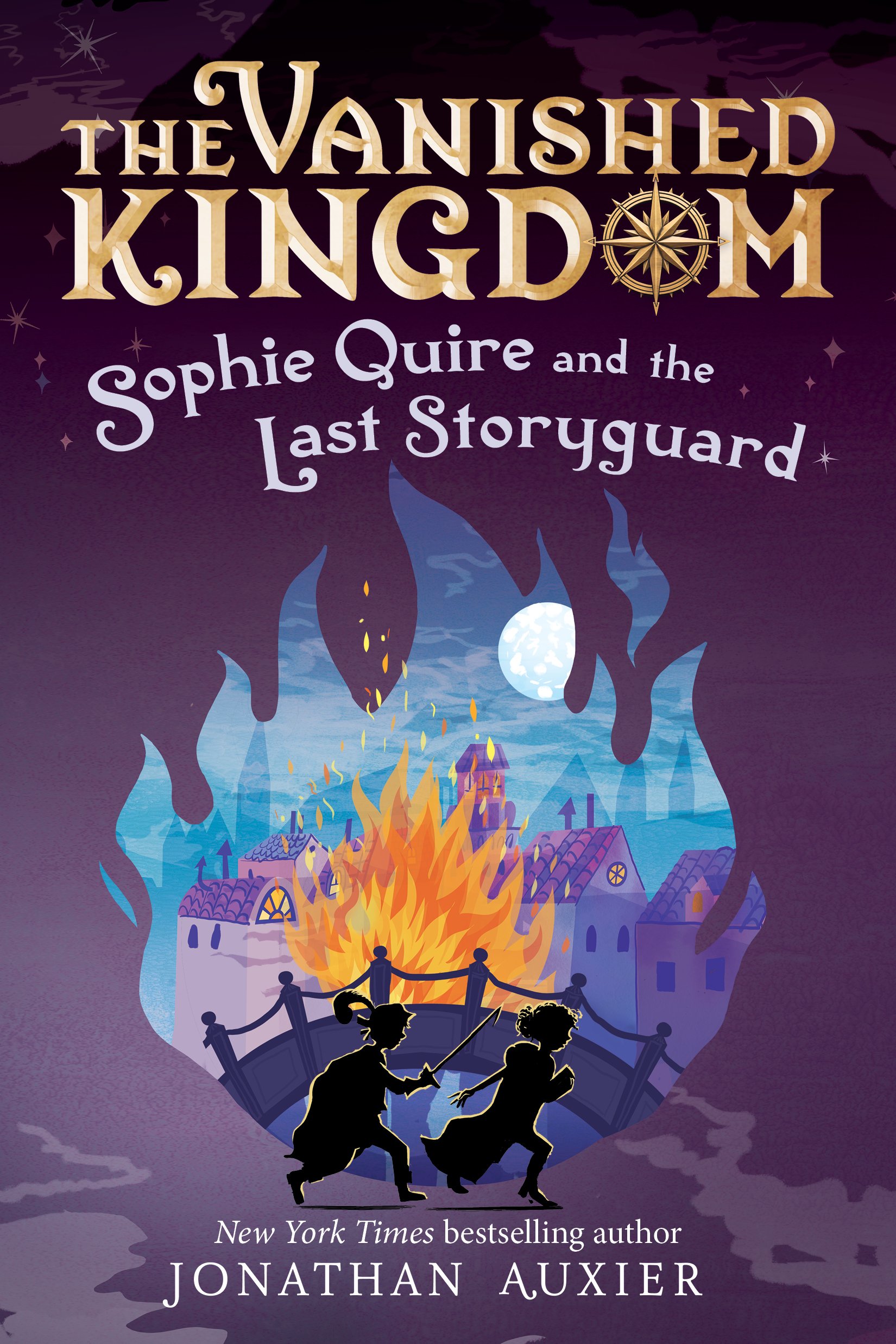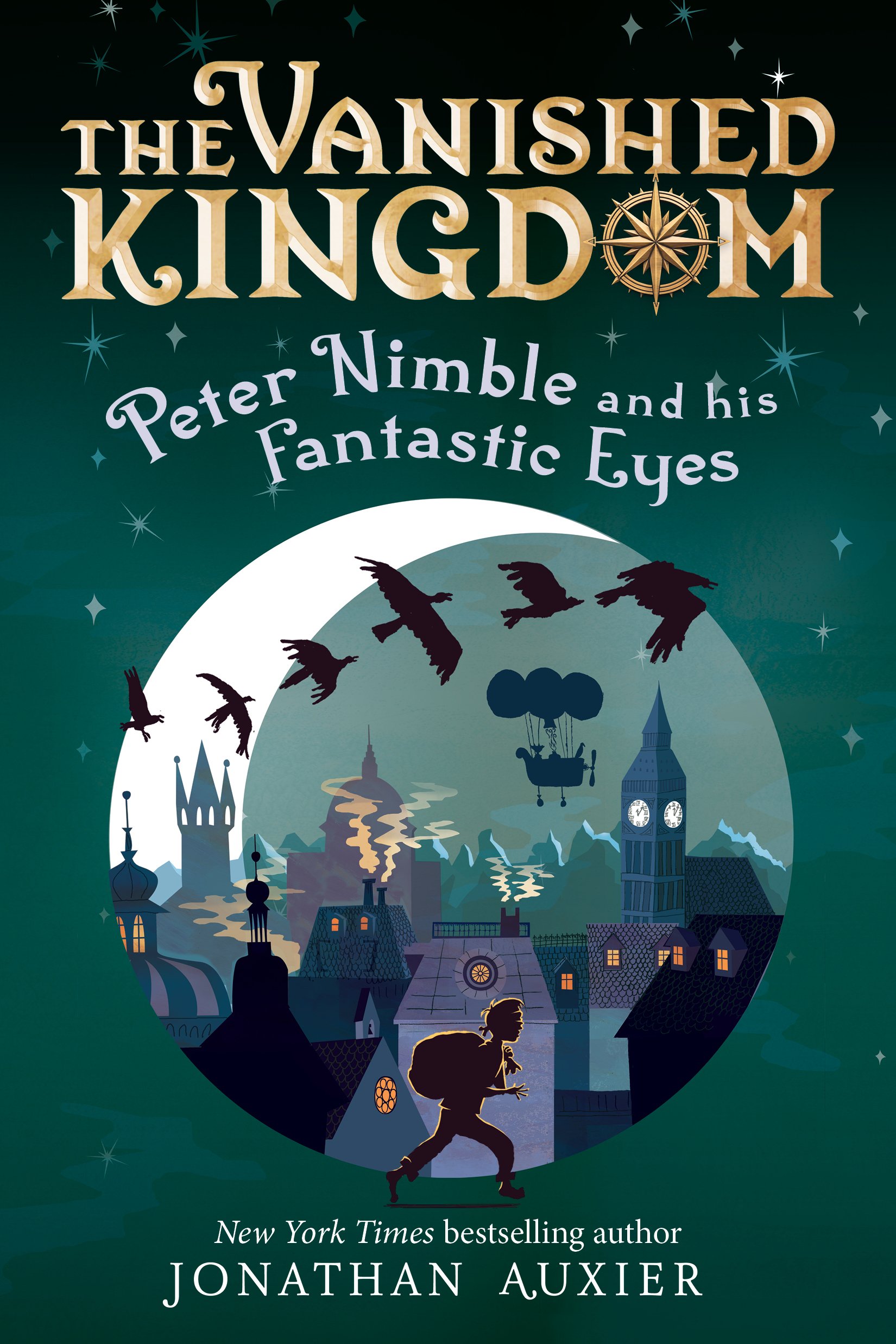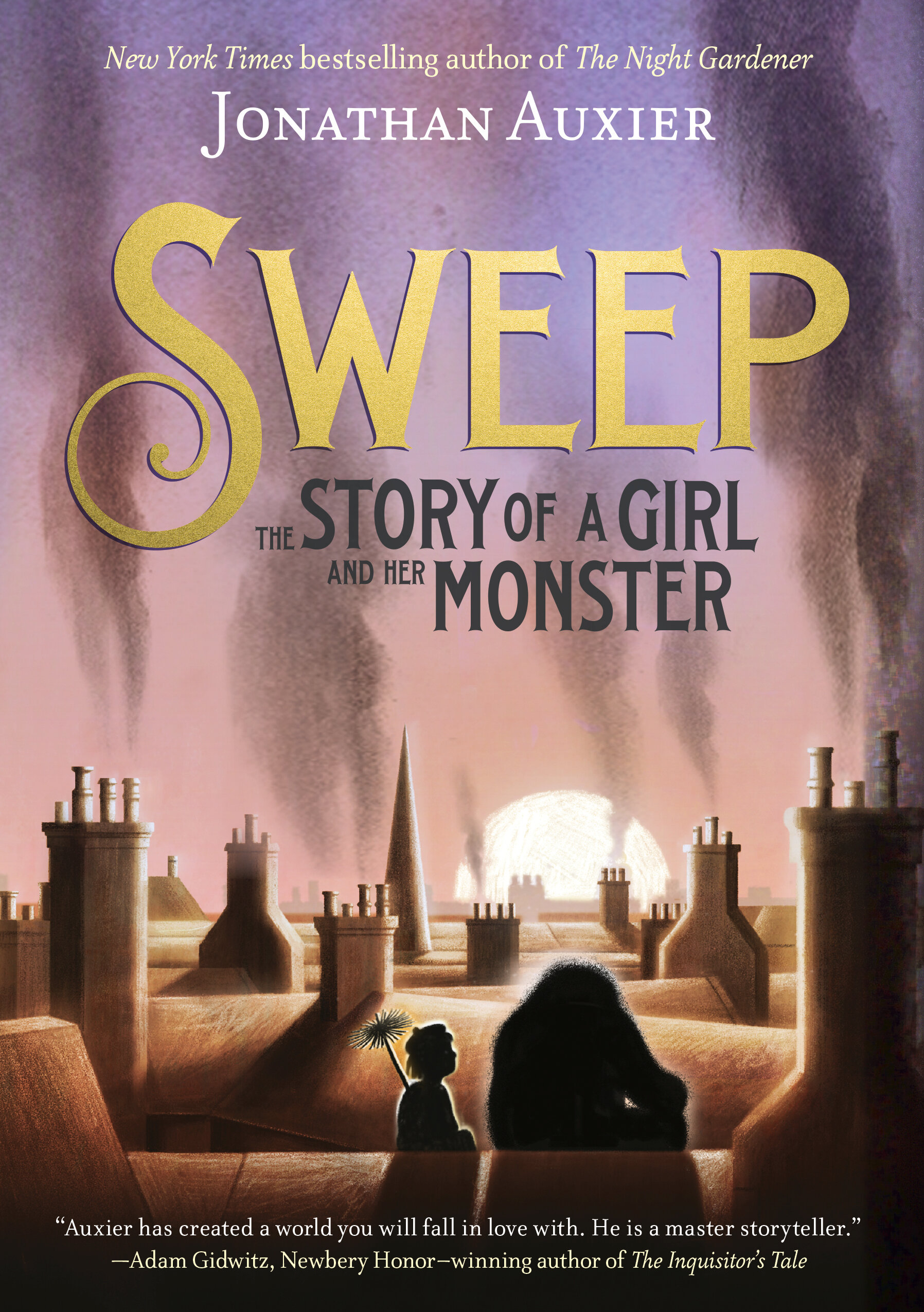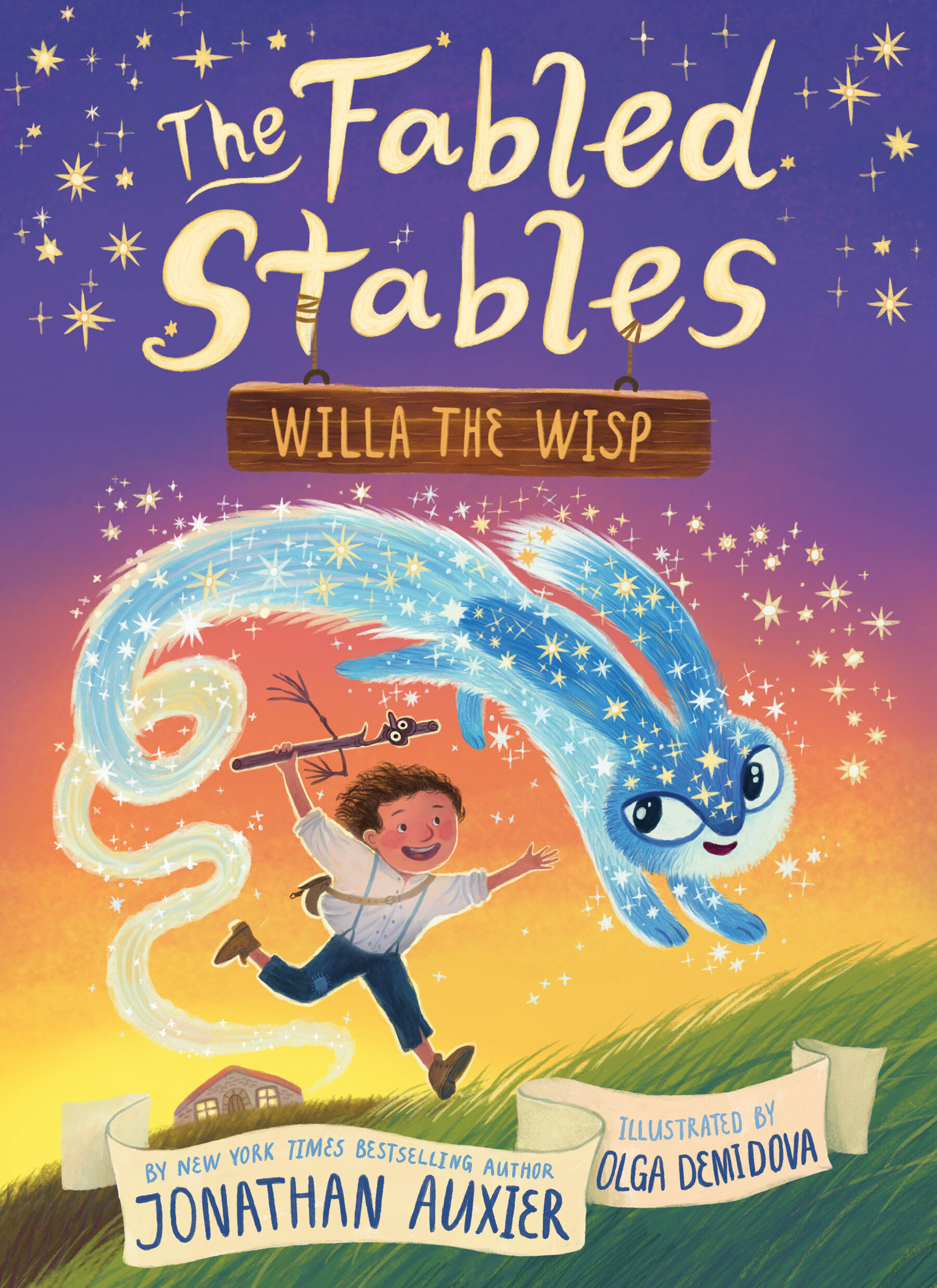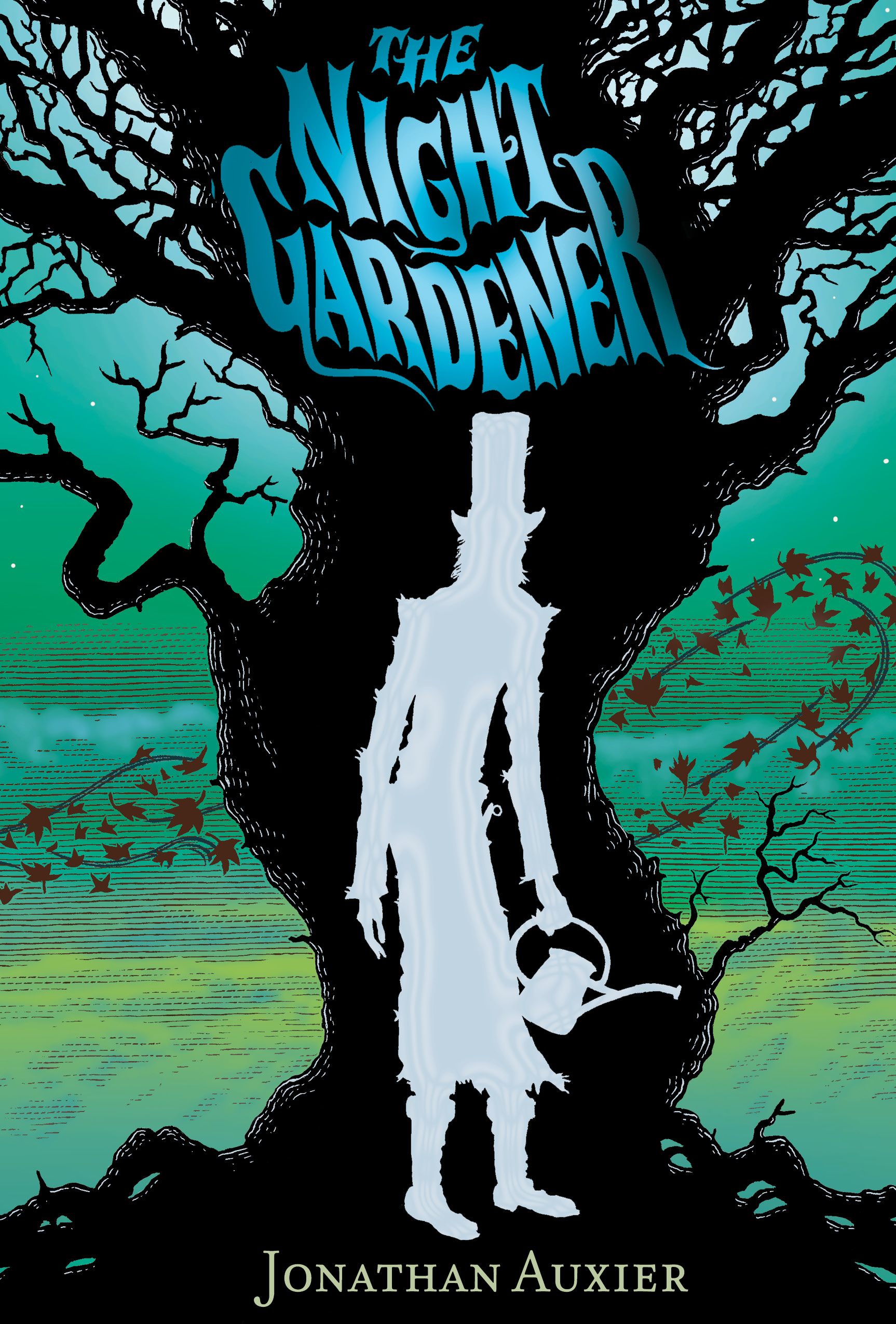"Blogs, and Poetics, and Hermeneutics -- Oh My!"
/Over the last year-and-a-half, my wife and I have been reading Lloyd Alexander's Chronicles of Prydain aloud to each other.[1. For the record, I do a pretty awesome Gurgi ... ask me to bust it out the next time you see me.] While doing so, I started to form a brilliant theory about how traveling parties in quest stories often function as reflections of a specific trait in the protagonist -- it was going to be the Greatest Blog Post that the world had ever seen! That is, until Betsy Bird at the School Library Journal went and ruined everything by beating me to the punch.
 Last week Betsy posted a piece entitled The Oz Quest Theory: Are Four Characters Too Many? She suggested that Wizard of Oz is but one example in a long list of quest books in which the hero picks up three sidekicks who represent guts, heart, and brains. One of the reasons I like Betsy's blog is that everybody reads it, which means that everybody also leaves comments. Some readers mentioned titles that either broke or followed the "rule of three", others floated theories about what might be motivating the pattern, a few even chimed in to ask "what's the point?"
Last week Betsy posted a piece entitled The Oz Quest Theory: Are Four Characters Too Many? She suggested that Wizard of Oz is but one example in a long list of quest books in which the hero picks up three sidekicks who represent guts, heart, and brains. One of the reasons I like Betsy's blog is that everybody reads it, which means that everybody also leaves comments. Some readers mentioned titles that either broke or followed the "rule of three", others floated theories about what might be motivating the pattern, a few even chimed in to ask "what's the point?"
While reading these comments, I noticed that there seemed to be two separate conversations taking place -- each exploring different questions:
1) How might three be a uniquely suitable number for storytelling?
2) Why might three be a uniquely significant number in our culture/world?
These are two fundamentally different questions, and looking back you can see the tension that stems from people talking at cross purposes.[2. As for my own contribution, I stupidly tried to tackle both questions simultaneously -- which just made me sound scatterbrained.] The comments thread is also a perfect snapshot of a philosophical battle as old as literature. It's the reason MFA writing programs are distinct from Lit PhD programs. It is the difference between poetics and hermeneutics.
If you want a scholarly breakdown of these terms, click here. In the broadest sense, poetics is concerned with how and hermeneutics is concerned with why. Poetics people look at stories the way auto mechanics look at a car engine: they want to know how every moving part fits together to make a unified machine (maybe in the hope they might one day build a car of their own?). Sticking with the metaphor, hermeneutics people don't really care about what's under the hood; instead they're more concerned with what it means to live in a world with cars.
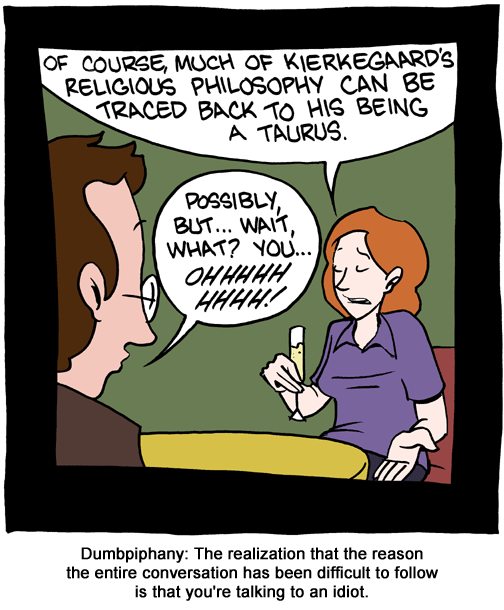 Often, the people most drawn to poetics are people who work directly with the nuts and bolts of storytelling -- authors, editors, and dramaturges. People who deal with hermeneutical questions are those whose job it is to administer books to the world -- scholars, librarians, and teachers. I have often found that people from one camp have little interest in the questions of the other. (My own marriage is an example of this Capulet-versus-Montigues battle.)
Often, the people most drawn to poetics are people who work directly with the nuts and bolts of storytelling -- authors, editors, and dramaturges. People who deal with hermeneutical questions are those whose job it is to administer books to the world -- scholars, librarians, and teachers. I have often found that people from one camp have little interest in the questions of the other. (My own marriage is an example of this Capulet-versus-Montigues battle.)
So which camp is better? Well, I might be slightly more interested in poetics, but I'd be a fool to argue that hermeneutics isn't absolutely essential. After all, hermeneutics is what justifies the very act of making of books (as Mary has informed me on more than one occasion!).
Perhaps this is what I find so compelling about the children's literature community? There exists an unusual amount of cross-fertilizaton between poetics and hermeneutics -- authors, editors, librarians, teachers, and readers all coming together to discuss this thing they all love.[3. Except, I would point out when it comes to booking conferences: ALA always seems to book the same weekend as major literary conferences (MLA and ChLA). Because of this, Mary will miss my first book signing, and I will miss her presenting a paper on Octavian Nothing. Not cool, conference planning people, not cool...] Is it messy? Of course! Is it frustrating? Sometimes. But what fun would a quest be without a few friends?

